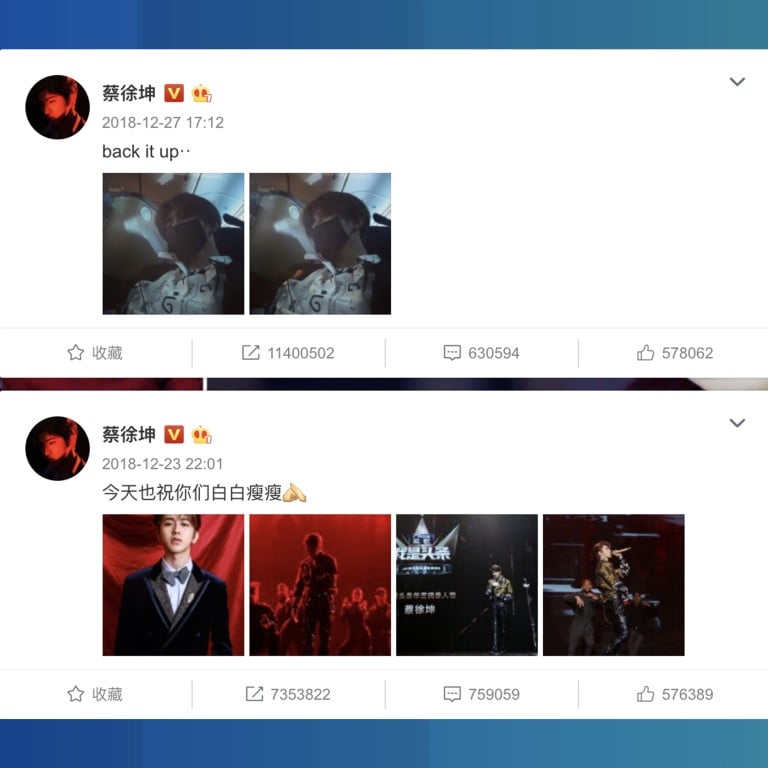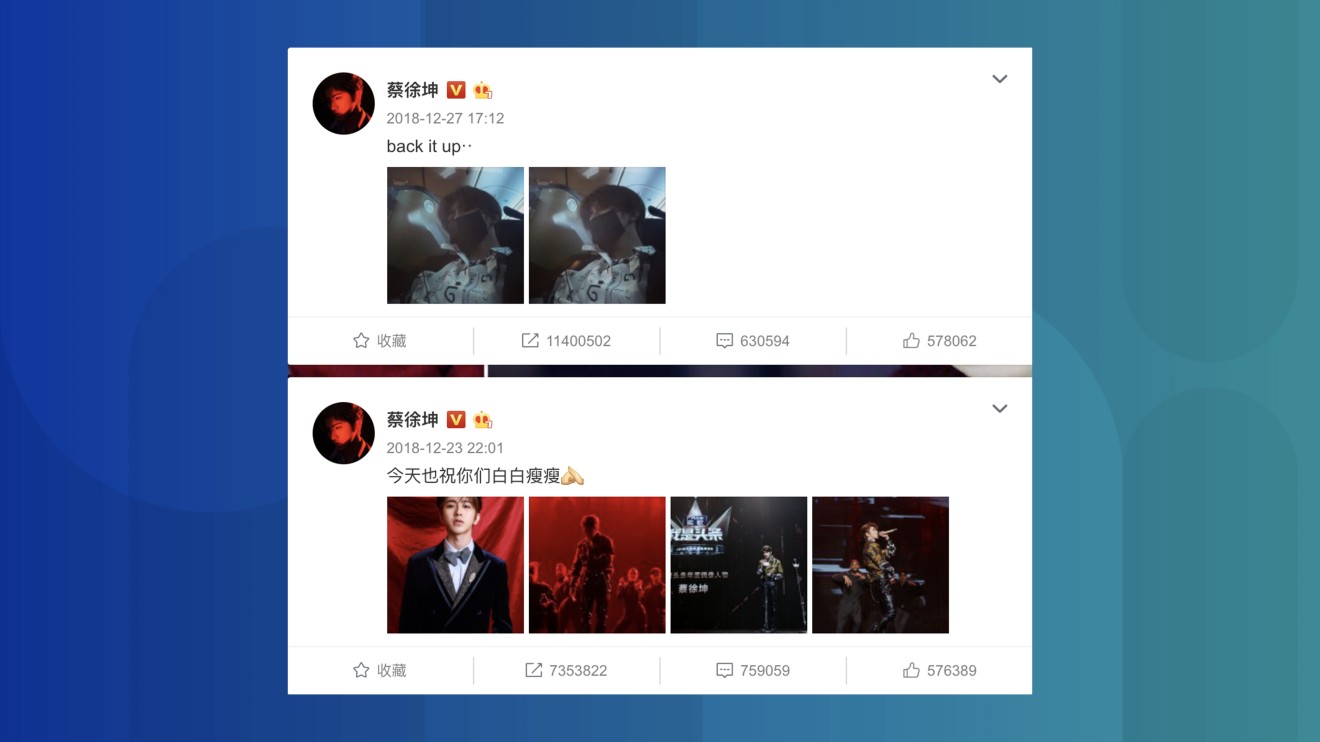
Weibo will cap share counts to fight fake traffic (but government accounts are exempt)
Just like Facebook and Twitter, fake social media traffic is rampant on Weibo
Fake traffic numbers are a problem everywhere, not just in the West. Bots and fake profiles are common on various social media services, whether Facebook or Weibo, using their sheer numbers to artificially boost certain posts and stories.
Weibo’s solution to fight fake traffic? Hide the traffic number when it goes above a certain point.
How Weibo became China’s most popular blogging platform
Weibo said that starting from late January, it will start capping the counts of shares at one million. If a post’s comments and shares surpass one million, Weibo will only display “1 million+” instead of the actual number.
“If we don’t break the number-only theory and traffic-only view, the whole industry and other internet platforms will be in an awkward situation where bad money drives out good,” Weibo says.
One million still seems a lot, and even many Weibo users think so too. Under Weibo’s announcement and other posts about it, people are asking that Weibo cut the number down to 100,000. (That’s the view count WeChat caps for articles on its platform.)

Weibo’s move comes after repeated media reports in the past year about celebrities and “influencers” on Weibo heavily inflating their traffic.
Incidentally, there’s an exception to Weibo’s new rules: Media and government accounts. Weibo says they get a pass for “good credibility”.
WeChat and Weibo ordered to clean up publishing “chaos”
For more insights into China tech, sign up for our tech newsletters, subscribe to our Inside China Tech podcast, and download the comprehensive 2019 China Internet Report. Also roam China Tech City, an award-winning interactive digital map at our sister site Abacus.
For more insights into China tech, sign up for our tech newsletters, subscribe to our Inside China Tech podcast, and download the comprehensive 2019 China Internet Report. Also roam China Tech City, an award-winning interactive digital map at our sister site Abacus.

